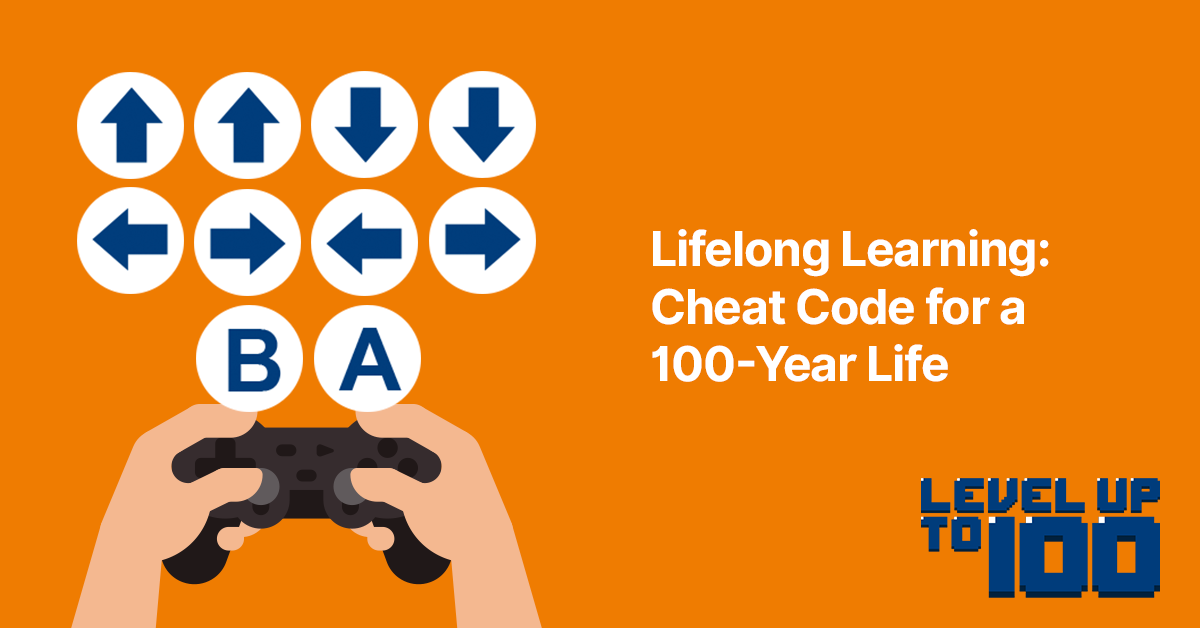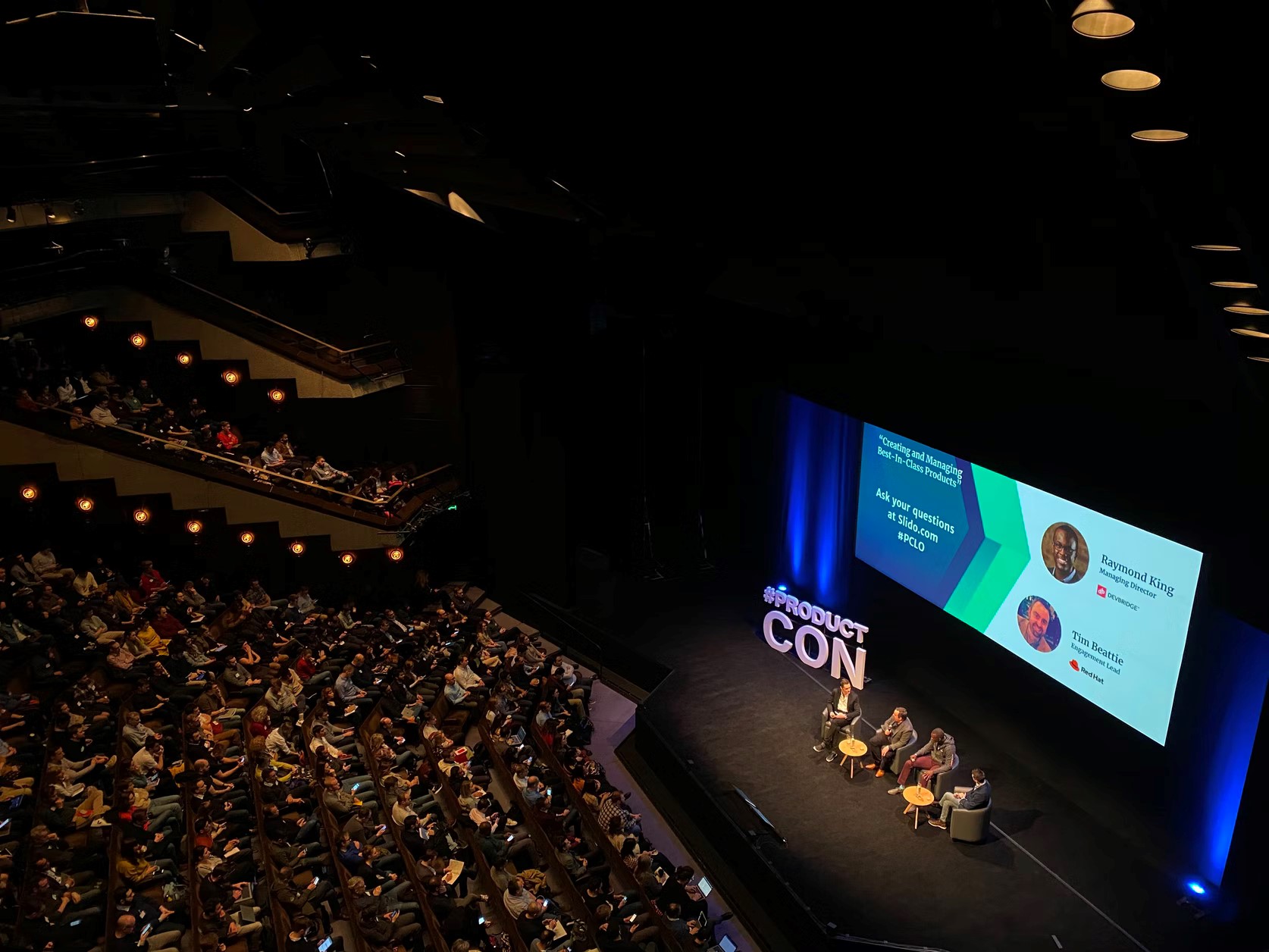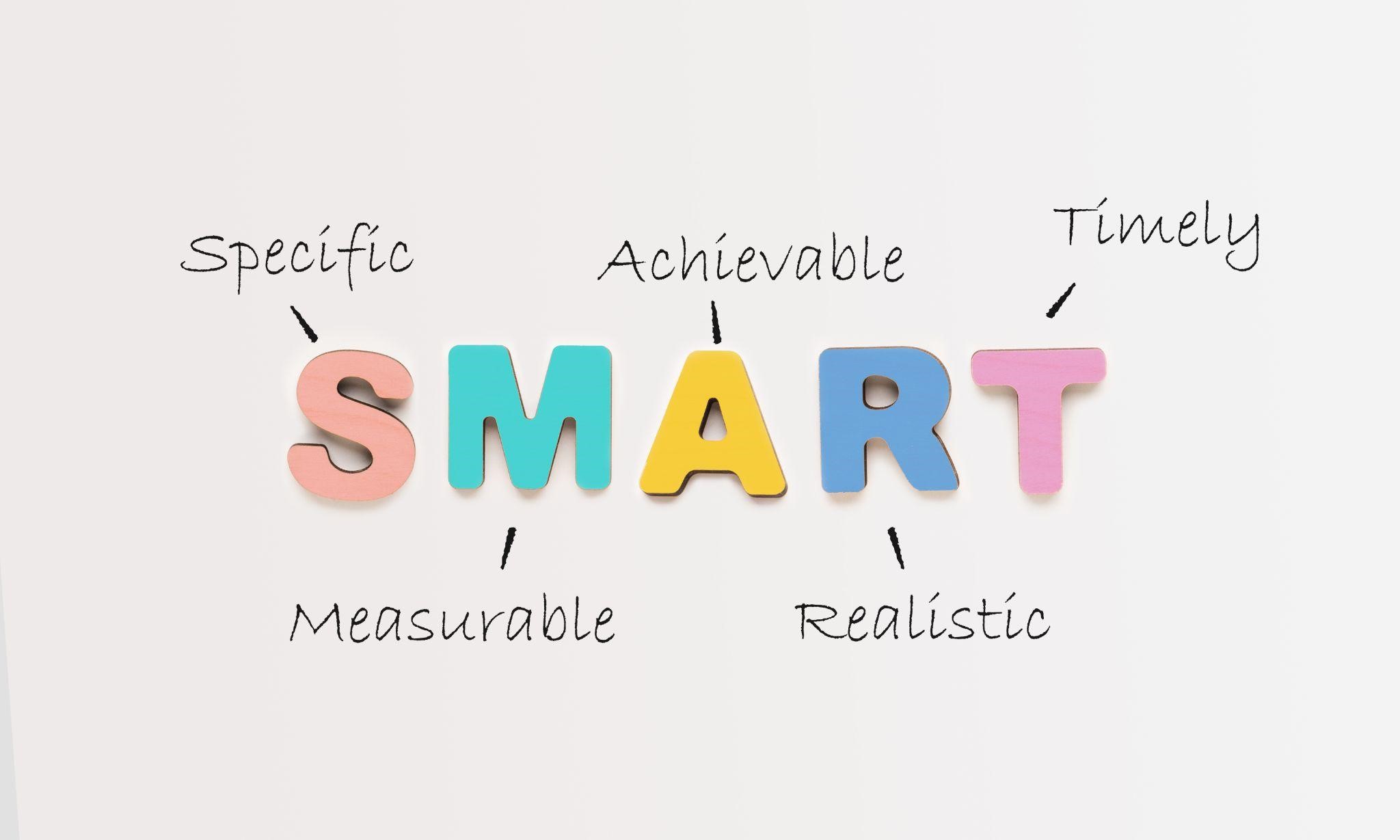
19 April 2022 – Although life expectancy has increased over the years, many still hold on to the traditional 3-stage structure – education, work and retirement. Today, the 3-stage life approach is ill-equipped to cope with a 100-year life. You need to structure your life differently to make the most of a longer life.
The multi-stage life means that it’s now possible for someone to have four or five careers during a typical 50-year working life – maybe more. This is where lifelong learning comes in. It involves continually acquiring new knowledge and skills, regardless of your age or stage in life. Lifelong learning can help you stay ahead of the curve, improve your career prospects, and make you a more well-rounded person. In a multi-stage life, developing skills that are relevant and in-demand isn’t optional. Instead, it’s an essential part of maintaining your independence as you age while keeping you active and engaged in the world. Ready to get started? Keep reading for more on the cheat code to a fulfilling 100-year life!

Why should lifelong learning be your ultimate game plan?
There are both personal and professional advantages to lifelong learning. Lifelong learning opens up new opportunities – from hobbies and hidden talents to new cultures and experiences.
If you're looking to change careers or enter into a new one, continuous learning can help you stay up-to-date on the latest trends and network with other professionals. In fact, many employers today are looking for candidates with a history of continuous learning.
 Attendees at #ProductCon learn insights from experts on product management.
Attendees at #ProductCon learn insights from experts on product management.
Examples of lifelong learning
Now that you've seen the benefits of lifelong learning, it's time to get started. While there are many ways to learn new things throughout your life, here are some examples:
| • |
Attending seminars and conferences related to your industry
Seminars and conferences provide an opportunity to gain fresh insights from experts and thought leaders within your industry.
|
| • |
Taking courses at a university
NUS offers over 700 courses designed for working professionals to help you meet your learning and development goals. |
| • |
Watching online videos and tutorials
If you’re looking to discover a new subject matter, free online videos and tutorials are a great way to start. Explore the topic in an introductory course before investing further. |
•
|
Reading books about relevant topics in fields you work in or are interested in
Learning doesn’t always have to take place through a screen. Make reading a book a part of your everyday routine. |
•
|
Watching documentaries or TED Talks about interesting subjects
Documentaries or TED talks stand out from other forms of learning because they are designed to convey information in an easy-to-understand way for their target audience. |
•
|
Practising new skills regularly, such as coding or creative storytelling |
Nothing reinforces learning more than the actual doing. Apply your new skills or knowledge and assess your performance over time.
Want to level up as a lifelong learner?

One of the best ways to become a lifelong learner in a multi-stage life is by setting goals. When you have specific goals in mind, it's easier to stay motivated and focused on your learning.
Setting SMART goals is a great way to keep yourself accountable as well. Your goal should be Specific, Measurable, Achievable, Realistic, and Time-bound – so if you want to learn about Green Construction, here’s an example of a SMART goal that will hold you accountable.
- Specific: I want to take an introductory course to Green Construction to further my career.
- Measurable: I want to score at least a B in all my assignments.
- Achievable: I will meet with my instructor every week to focus on my weaknesses.
- Realistic: This course will teach me skills relevant to securing my next promotion.
- Time-bound: I will complete the course within six months.
Too busy? Here’s how to get into the lifelong learning mindset

- Find a mentor for support and guidance
- Seek out new experiences and opportunities
- Get feedback on your work
- Learn from your mistakes
- Connect with other lifelong learners
- Make time for leisure activities that help you learn, such as cooking or playing team sports
- Find a learning style that works for you
Choosing the right educational institute

There are many different ways to learn new things. If you're looking for more structured education, partnering with the right educational institution is key.
When choosing an educational institute for lifelong learning, make sure to consider the following:
- The cost of tuition and other associated fees
- Whether the school offers online courses or not
- The quality of the education provided by the school
- The school's alumni network
When considering all of these factors, it can still be difficult to decide which educational institute is right for you. If you're having a hard time deciding, speak with a member of the admissions team or do some online research to see what other people have had to say about the school.
NUS is a leader in lifelong learning, offering a wide range of innovative courses and re-skilling initiatives to help you one-up the competition and stay relevant throughout your 100-year life. If you're interested in applying for a modular course or certificate programme, applications will open from 28 April to 5 June 2022. Start searching for a suitable course on our Course Catalogue today!